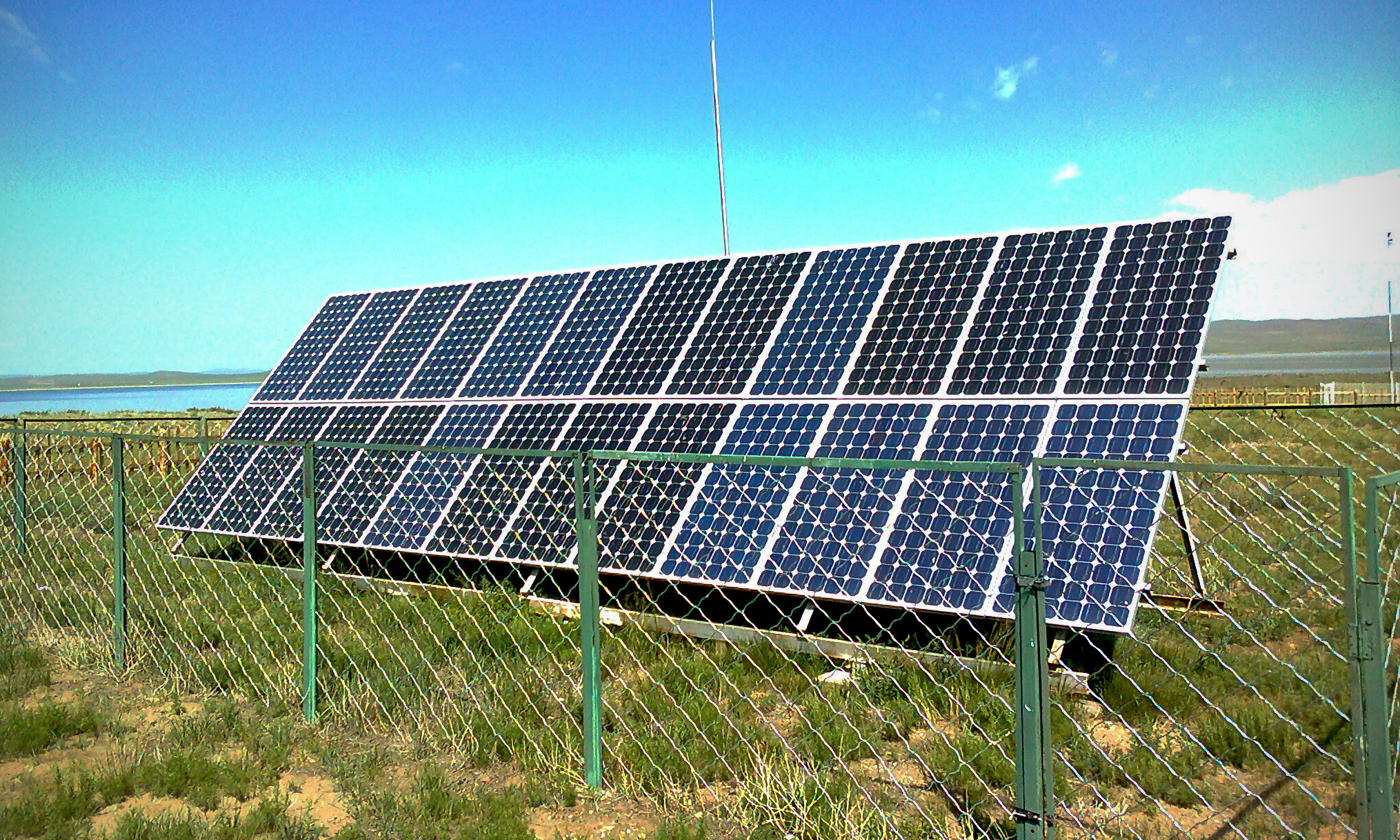Madrid, 19 May 2016 – On the day that the news is full of the fact that Portugal this month had four straight days of zero emissions energy production using renewable sources (full story here), documents obtained by Access Info Europe using Spain’s Transparency Law reveal the tense political battles behind a controversial 2015 law that imposes prohibitive taxes on use of home-produced energy (such as from solar power).
Spain – a country replete with sunshine, wind and waves – could be breaking the same records as Portugal, but instead the renewables sector has been undermined and citizens who generate their own energy face prohibitive taxes and punitive fines.
NGOs Access Info and the Platform for a New Energy Model have been investigating the decision-making process behind the 2015 Law, pushed through by former Minister of Industry José Manuel Soria, who in April 2016 was forced to resign following Panama Papers revelations that he and his family operated a network of companies in offshore tax havens including the Bahamas and Jersey.
The first batch of documents obtained by the NGOs after a decision by Spain’s Transparency Council, have been analysed by journalists at the online newspapers eldiaro.es. The documents give insight into an incredible political battle over the law, in which members of Minister Soria’s own party, the ruling Popular Party, criticised it in strong terms: representatives of Spain’s regions describe the law as “persecution” of the solar energy sector and with one going to far as to accuse the Minister of preparing a “final solution” to do away with renewables.
The documents submitted by the regional governments as part of a public consultation held in 2013 also contain descriptions of the future law as a “revolutionary tax” – in other words, a type of extortion. Others state that the policy even runs counter to the party’s own energy policy, and note that no other country has introduced such a system.
“These documents reveal a classic case of where secrecy permits private interests and lobbying to skew decision making away from clear public interests,” said Helen Darbishire, Executive Director of Access Info Europe. “In this case the secrecy has had a direct and damaging environmental consequence,” added Darbishire
In the public consultation there were also around 15,000 submissions from members of the public, which the Ministry said copied three models supplied by civil society groups. In spite of this demonstration of both public and political resistance to the law said to favour only Spain’s coal industry, it was pushed through. None of the documents submitted to the consultation had previously been made public – it is often the case that there is no transparency around public consultations held in Spain.
Access Info and the Platform for New Energy Model are pursuing legal action to obtain all the lobby documents held by the Ministry and not only those submitted during the public consultation.
These documents were obtained as part of Access Info’s research and campaigning work on transparency of decision making and lobby transparency.
For more information please contact:
Helen Darbishire | Access Info Europe
Send an e-mail or call +34 913 656 558

